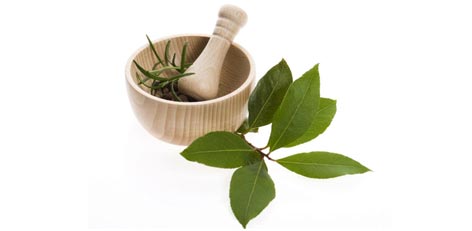Nelavemu to Treat Cancer
Posted on: 26/Oct/2015 4:02:30 PM

Scientists have identified a plant whose tissues closely resemble Andrographis Paniculata (Called Nelavemu in Telugu and Kaalmegh in Hindi). They claim this to have cancer treating properties.
Its sister plant Andrographis Lineata which is often used instead of Nelavemu plant was studied by the researchers for its anti-cancer properties. The plant is grown mostly in India and Southeast Asia. This is identified as a potential base to serve as cancer chemotherapeutic agent. Researchers from across the world are ardent about identifying natural, plant-based therapeutic agents that can be of help in curing cancer.
Nelavemu or Andrographis Paniculata are known for the medicinal and therapeutic properties they carry. Scientists also focused on studying its sister plant Andrographis Lineata which is most often used as a replacement for the former in traditional medicine.
The study on the anti-cancer properties of the plant was studied by a team of researchers from Sri Venkateswara University in Tirupati, Indian Institute of Science in Bengaluru, University of Malaysia in Kelantan and Chaoyang University of Technology in Taiwan. They were all led by Dr Arifullah Mohammed and Kishore Chiruvella.
Andrographis Lineata and its use:
Tribal people seem to be using Andrographis Lineata to treat snakebite, diabetes, skin diseases, constipation, bronchitis, fever, etc.
The leukemia cell lines were obtained from T-cell leukemia patients and the cytotoxity of select tissues from the Lineata plant called callus cells were studied.
According to reports of the study, on administering leukemia cells with the compounds prepared out of Lineata plant tissues, it resulted in cytotoxity and cell deaths after 72 hours of administering.
Scientists involved in the study say plant products that can act as therapeutic agents are being focused by researches in the recent days. Andrographis Lineata is a striking medicinal plant that has got plenty of pharmacological effects, they add.








